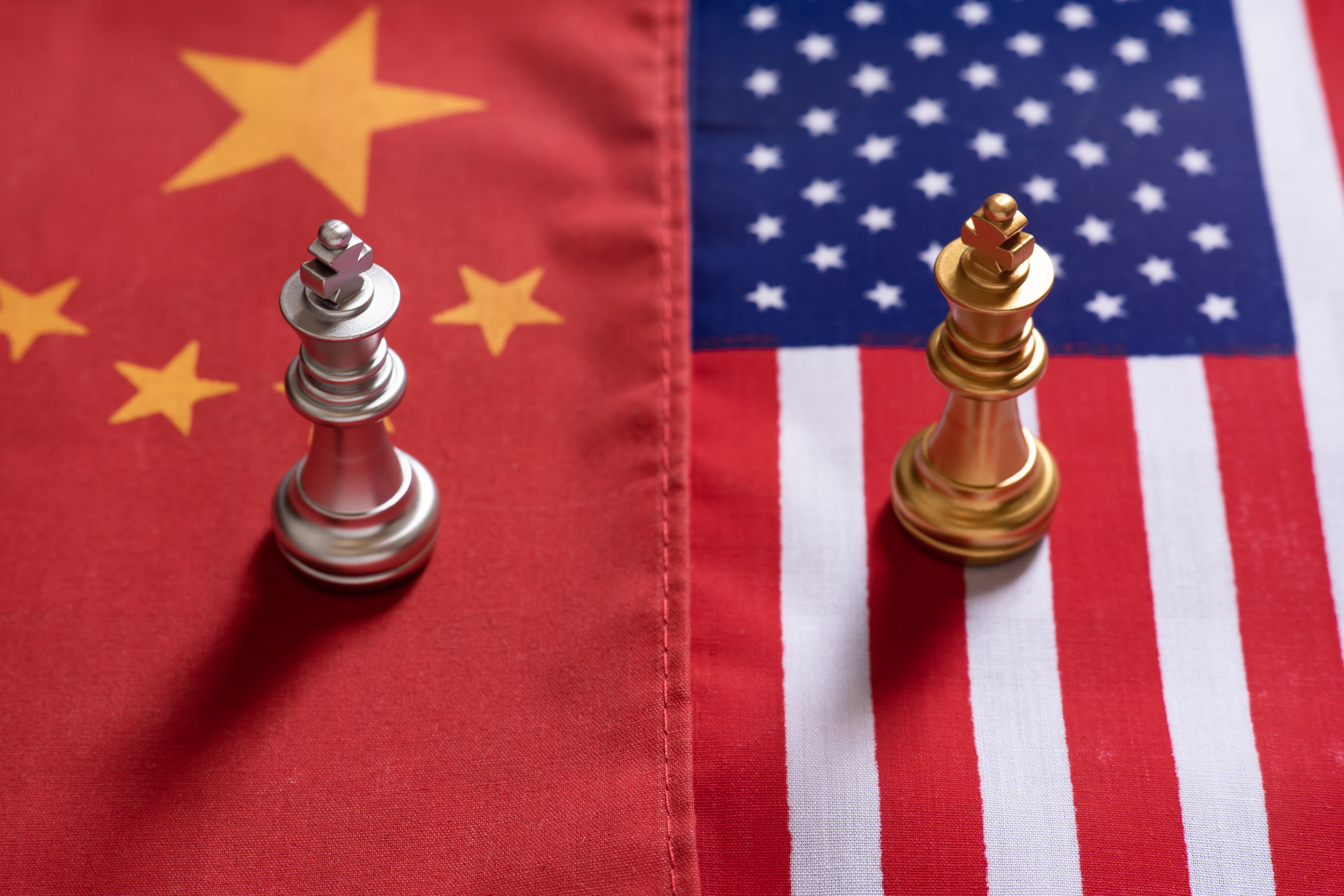China Pledges $29 Billion to Ditch US Semiconductors
China is no longer content to rely on American semiconductors. Bloomberg reported yesterday that it created a 204 billion yuan ($28.9 billion) state-backed fund to support its own companies as they attempt to compete with their U.S. counterparts.

The fund's creation followed continued tensions between the U.S. and China. Over the last year, the Trump administration has introduced or increased tariffs on hundreds of billions of dollars worth of goods imported from China. It's also prevented U.S. companies from supplying Chinese businesses, especially Huawei, which has effectively been used as a scapegoat for China at large.
One of the problems with that approach has been the fact that Huawei and other Chinese tech companies buy a lot of semiconductors from U.S. companies. Those American businesses haven't exactly been excited about losing a large market. Many have lobbied on Huawei's behalf, but it also means that one of China's largest tech companies has needed to delay products as its stockpile of chips has dwindled.
Huawei's boasted about being able to quickly switch to Chinese versions of the American products it's no longer allowed to use, but it's done little to back up those claims. The reality is that China's semiconductor industry isn't ready to replace the parts currently supplied by U.S. companies--especially since they rely on American tools and designs, even when they're manufacturing their own chips.
Bloomberg reported that China imports roughly $200 billion worth of semiconductors from U.S. companies every year. That means its new fund represents just one-tenth of the amount it spends annually on U.S. products. That means China likely won't be completely eliminating its reliance on chips imported from the U.S. right away. But the fund's still the first step in that direction.
An online registry posted October 22 indicates that the Chinese government contributed 22 billion yuan directly to the fund via the Ministry of Finance. China Development Bank kicked in another 22 billion yuan. Bloomberg said the rest came from "local governments and state-owned enterprises," including China Tobacco, which lends a bit of irony to China's efforts to breathe new life into this industry.
Get Tom's Hardware's best news and in-depth reviews, straight to your inbox.

Nathaniel Mott is a freelance news and features writer for Tom's Hardware US, covering breaking news, security, and the silliest aspects of the tech industry.